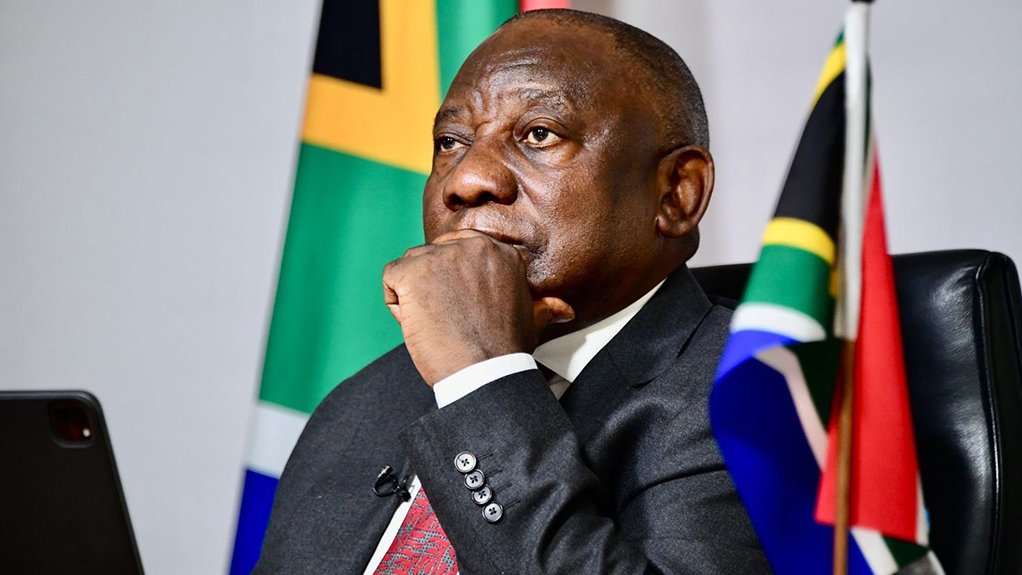President Cyril Ramaphosa on Monday highlighted government success in efforts to deal with corruption but said there must be equal energy in fighting public and private sector corruption.
In his weekly letter to the nation, Ramaphosa pointed out that last week, the National Anti-Corruption Advisory Council (Nacac) handed over its final report at the conclusion of its three-year term.
The Council was set up in 2022 to guide the implementation of the National Anti-Corruption Strategy and to strengthen the State’s anti-corruption architecture.
The Nacac report makes recommendations on the strengthening and coordination of law enforcement agencies, enhanced coordination mechanisms among the different law enforcement agencies, the use of AI to prevent corruption and the establishment of an anti-corruption data sharing framework.
These recommendations will be reviewed by the relevant government institutions for tabling and deliberation in Cabinet.
Ramaphosa said the work of Nacac shows that fighting corruption is a complex, multi-faceted and protracted task.
“…this fight requires the dismantling systems of patronage that have become entrenched over many years. It requires strengthening State capacity to handle complex cases and closing regulatory loopholes that have enabled corruption to flourish,” he explained.
Last week the Directorate for Priority Crime Investigation, known as the Hawks, and the Special Investigating Unit briefed Parliament on investigations into the South African Post Office, Postbank and the South African Social Security Agency, financial irregularities at water entities, an allegedly corrupt fuel tender, and graft at several municipalities.
“This year has seen a few arrests linked to alleged corruption in Eskom, the South African Police Service, Transnet and in municipalities. While allegations of corruption within these important institutions are deeply disturbing, it is encouraging that they have been detected and that criminal action is being taken,” Ramaphosa said.
In July the Organisation for Economic Cooperation and Development Working Group on Bribery noted South Africa’s progress in detecting and investigating foreign bribery cases and credited individual government and law-enforcement officials for working in a multi-agency approach, which it says has contributed to the progress.
South Africa is also making progress in removing itself from the Financial Action Task Force grey-list.
By June, South Africa had completed all 22 action plan items to combat money-laundering and the financing of terrorism.
Ramaphosa noted that much of this work took place behind the scenes.
“While there is a justifiable public expectation that there should be more convictions – including of those implicated in State capture – fighting corruption extends way beyond putting culprits in the dock,” he said.
He stressed the need for transparent, accountable and ethical private and public institutions to stop corruption.
EMAIL THIS ARTICLE SAVE THIS ARTICLE ARTICLE ENQUIRY FEEDBACK
To subscribe email subscriptions@creamermedia.co.za or click here
To advertise email advertising@creamermedia.co.za or click here











